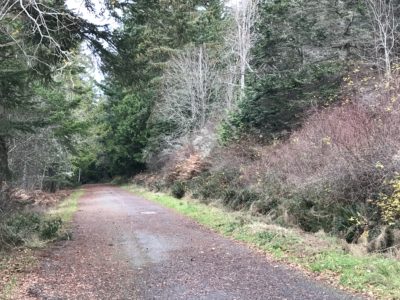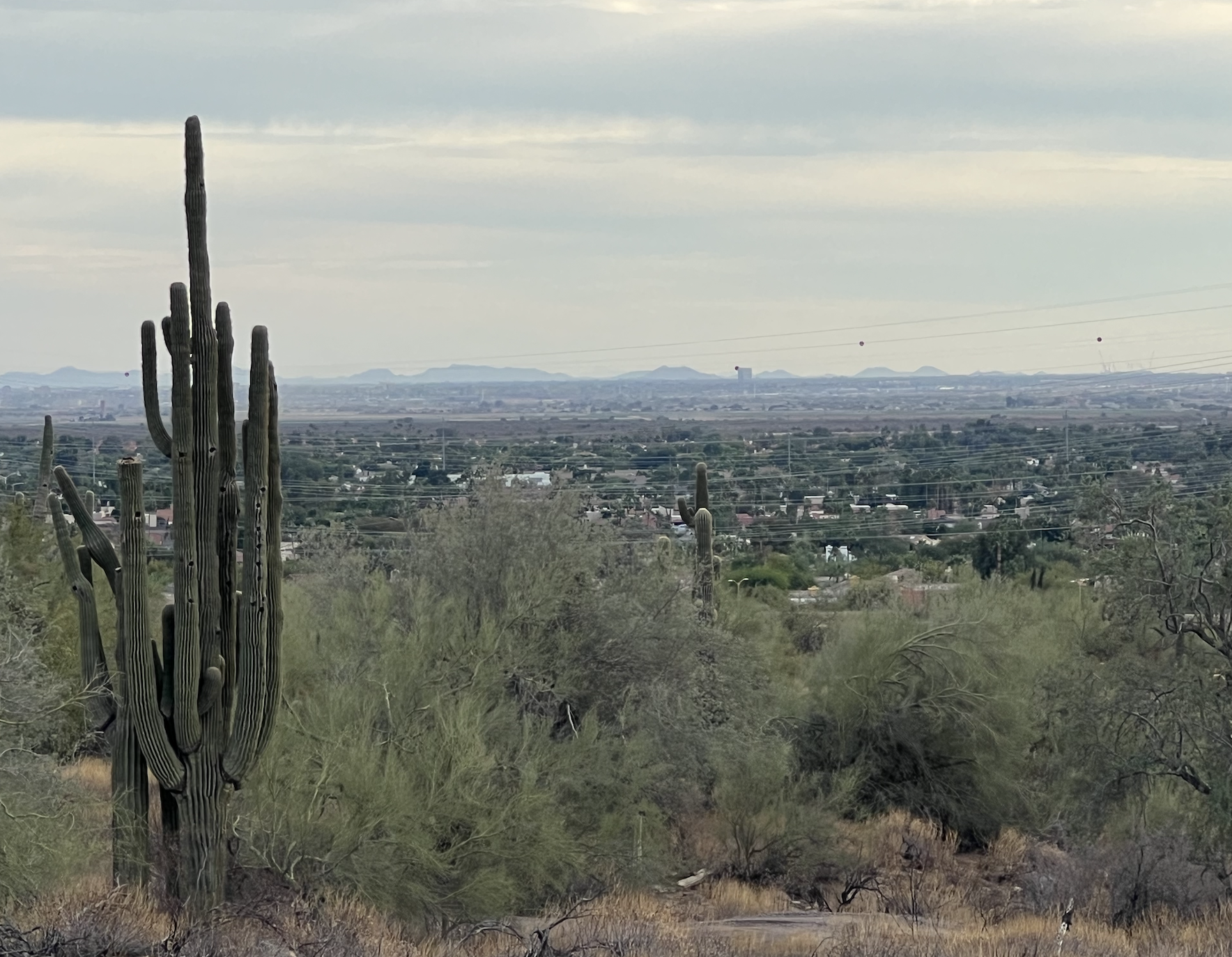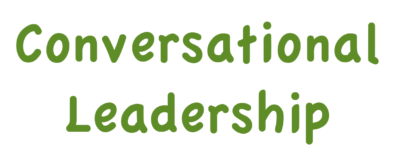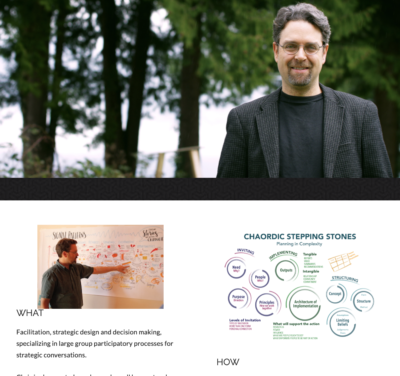
Lately,
I’ve been asking people,
“Are you finding the trouble
that is yours to find?”
This is a question
that changes the game,
because,
many of us know only
of trouble’s flagrant foul,
and seek to abandon it.
Know further,
however,
that trouble’s invitation
seems to free us,
and awaken us to
long dormant
knowing.
By trouble,
I mean that which stirs
one’s soul,
that evolves and unfolds who one is
at core layers.
By trouble,
I mean that which tips
one’s table top,
and that scatters
into messed bits and pieces,
that which was once organized.
By trouble,
I mean that which exposes
well hidden fears,
and that makes one ache
for reclaimed,
or refound
clarity.
There is risk,
of course.
Yet, I believe,
we are meant
to find trouble.
You.
Me.
Us.
I believe,
we are meant to experience
isolation —
the dark night can be the most fruitful —
but inevitably,
to make sense of trouble
in community.
I am learning,
that when we are finding our trouble,
we are doing well,
and that we belong to our times.
I am learning,
that when we are challenged to grow
by going deeply inward,
beyond first and second and third layer barriers
of that protective psyche,
we are doing well,
and we find joy.
Be willing to look deeply,
into only the now.
Be willing to look long,
into the blurred horizon.
Trouble evolves us,
beyond pre-packaged
life relegated to warehoused,
dusty shelf.
Oh, and just this one more thing —
if we are not finding the trouble
that is ours to find,
not to worry,
it will quite likely,
and eventually,
find us.
*Thanks Chris Smyth for a recent conversation that stirred much in me about trouble.




